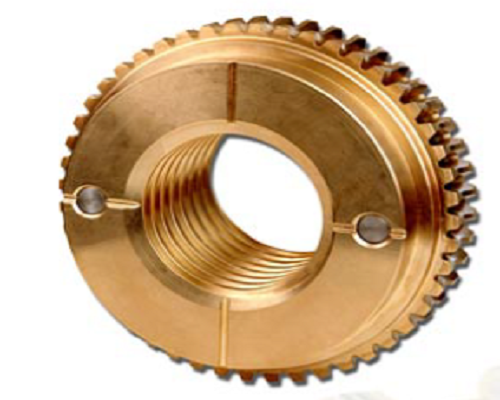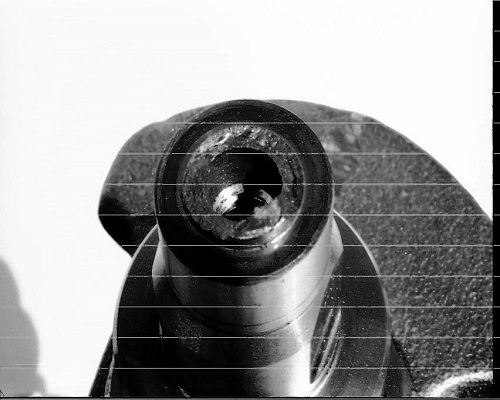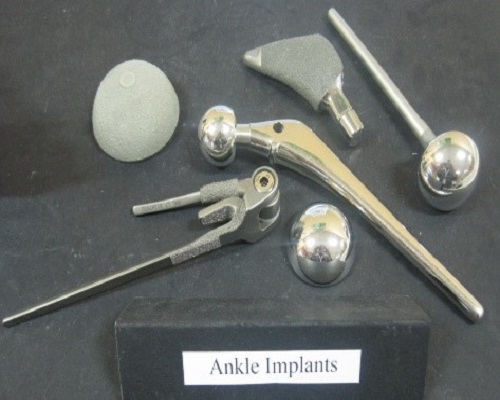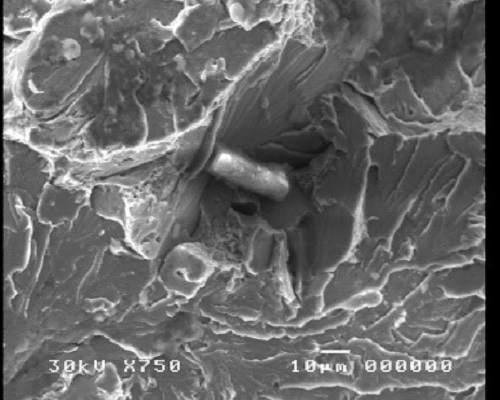About
General strategies of the non-ferrous department are conducted on advanced research in the field of nonferrous alloys and new material, contact non-ferrous alloys industries to raise the quality of products Appointing a number of research assistants, specialists and technicians to complete the staff of the laboratory, processing the department equipment and equipment necessary to achieve the objectives of the department examples of modern and sophisticated melting furnaces and measuring aids, enter into some industrial projects and international conventions, request to provide training and educational missions in the field of the activity of the plant, scientific supervision of the scientific messages and projects for the students of the Faculty of Engineering and the selection of research points aimed at the local industry, conduct training courses for engineers in companies and factories to raise their efficiency both in the center and in the production sites, and field visits to industrial assembly areas
Research areas
The department performed research works in various areas such as;
Programs
. Producing aluminum alloy and special magnesium alloys for air craft and automotive industries. Production of magnesium alloys for biomedical applications
. Production of sponges alloys for industrial applications in the automotive industry and medical fields
. Transfer of modern industrial technologies such as copper alloy (AMPCO18) and introduction to the Egyptian industry to safe Dollars currency
Services
. Casting of different non-metal alloys. Chemical analysis for about 25 elements using nondestructive test
. Hardness measurements by Brinell and Vicker’s Hardness tester
. Tensile Test for light metals and wires and alloys
Goals
• The formation of research cadres in the field of non-ferrous alloys
• Processing the plant equipment and machines necessary to achieve the message of the plant
• Participation in local and international conferences to raise the efficiency of members of the research body
• Contact the industries and create new areas of cooperation
• Appointing a number of research assistants, specialists and technicians to complete the staff of the laboratory
• Processing the laboratory equipment and equipment necessary to achieve the objectives of the laboratory examples of modern and sophisticated melting furnaces and measuring aids
• enter into some industrial projects and international conventions
• Request to provide training and educational missions in the field of the activity of the plant
• Scientific supervision of the scientific messages and projects for the students of the Faculty of Engineering and the selection of research points aimed at the local industry
• Conduct training courses for engineers in companies and factories to raise their efficiency both in the center and in the production sites
• Field visits to industrial assembly areas



